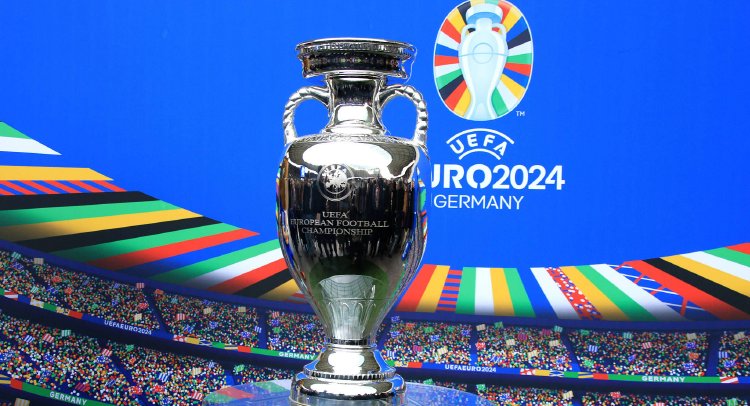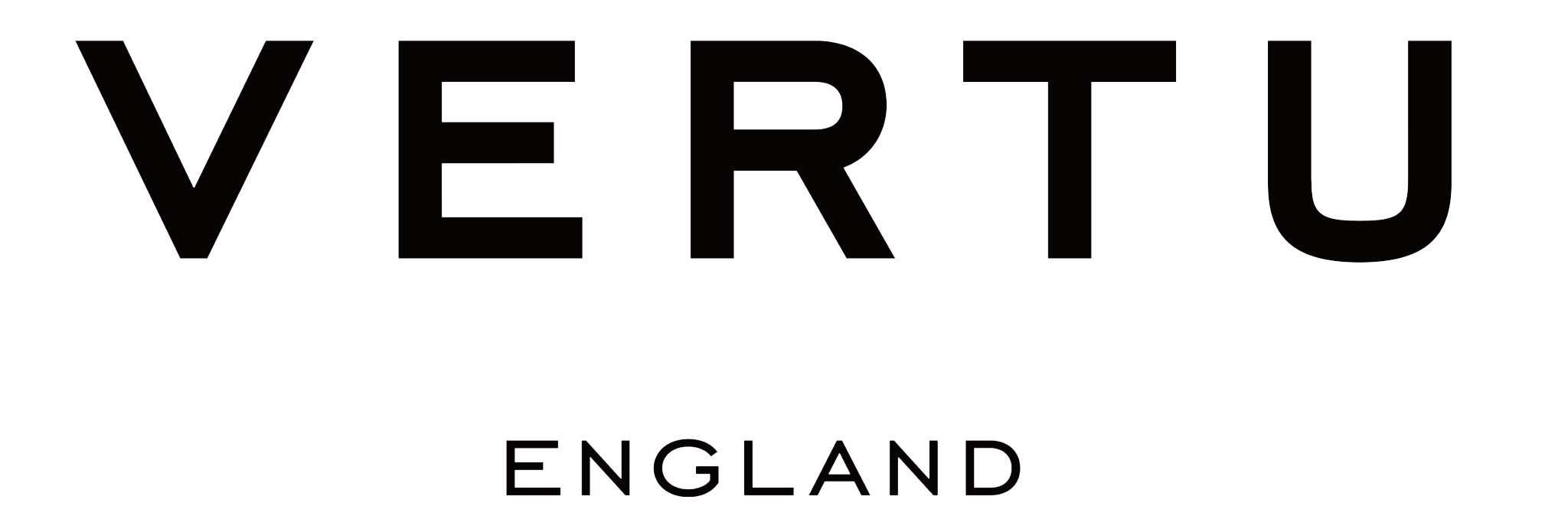Dear friends, I have some breathtaking news to share. Last month, our company embarked on a daring promotion: “If England Wins, Vertu Pays.” The deal was straightforward — purchase our championship package priced at 1,810 USD, and if England emerged victorious in the Euro Cup, we would refund you in full. It was a simple yet enticing offer that caught the attention of many. As a result, we saw an overwhelming response, with over a thousand orders placed in just a month, totaling approximately 1.8 million USD.

Last night, England surprisingly defeated the Dutch 2-1 and advanced to the finals. This development left our boss in a state of panic. As I walked into the office today, I was greeted by an eerie silence. Our usual morning greetings were nonexistent, and I began to worry. Would the boss flee, leaving us employees to bear the burden of the refunds?
The Dream of an English Victory and the Reality of Vertu
The English football team has been a source of anxiety and anticipation for decades. Since 1966, the team has struggled to make a significant impact on the international stage. However, this year’s Euro Cup performance was nothing short of remarkable, with even the most skeptical fans beginning to believe in a possible victory.
Vertu, on the other hand, is a well-known name in the luxury mobile phone market, where tens of thousands of dollars are just a drop in the bucket. Our brand is usually associated with exclusivity and elegance, but this promotion transformed us into the epitome of a “high-risk, high-reward” strategy. Initially, it may have seemed like a mere marketing gimmick, but England’s strong performance made it a reality.
The Anxiety Before the Finals
As soon as the semifinal match ended last night, a sense of dread permeated the office. While we cheered for England, a lingering fear remained. If they won, our company would face a significant loss of 1.8 million USD. This was a substantial amount, considering that our salaries and bonuses depend on the company’s profitability. Some colleagues began to speculate about the boss’s whereabouts, wondering if he would abandon us in our hour of need.

The Glorious Journey of the English Team
Reaching the finals was an incredible feat for the English team. Since their semi-final appearance in the 2018 World Cup, English football has experienced a renaissance. Young players like Sancho, Foden, and Kane have emerged as stars in the Premier League. Despite past disappointments in the Euro Cup, this team demonstrated remarkable spirit and determination.
From the group stages to the knockout rounds, England marched forward with confidence. The semifinal match against the Dutch was particularly thrilling, with England overcoming an early deficit to secure a place in the finals.
The Employees’ Worries and Anticipation
As we watched the matches unfold, our minds wandered to the financial implications. Would the boss fulfill his promise? The silence in our group chats only added to our unease. Some joked about organizing a crowdfunding campaign to refund ourselves, reflecting our collective concern.
We also began to consider the legal implications of the situation. Thankfully, our colleagues with legal knowledge assured us that according to contract law, the company’s legal entity would bear the primary responsibility, and employees would not be held accountable. However, this reassurance did little to ease our minds in the midst of uncertainty.
Vertu’s “High-Stakes” Strategy
Vertu’s promotion was a bold attempt to generate significant brand exposure. In today’s fast-paced consumer market, grabbing attention is crucial. However, this gamble almost backfired, with the potential for significant financial losses.
From a marketing perspective, the promotion was undoubtedly successful, generating widespread media coverage and social media discussions. However, from a financial standpoint, it was a risky move. Customers were attracted by the prospect of a possible refund, rather than England’s chances of winning. While Vertu gained exposure, it also risked incurring significant costs.
The Psychological Tug-of-War Before the Finals
As the finals drew near, the tension in the office escalated. Every corner seemed to radiate with anxiety and uncertainty. We prayed for England’s victory while fearing the financial consequences of a win. The boss’s gamble became increasingly apparent, adding to our collective stress.
Some colleagues joked about taking a collective leave until the finals’ outcome was known. While this was a light-hearted suggestion, it served as a brief respite from the mounting pressure.
The Arrival of the Finals
Finally, the day of the finals arrived. We held our breath as we gathered in the conference room to watch England take on their opponents on the green field. Every attack, every defense, left us on the edge of our seats, too nervous to utter a sound.
As the 90 minutes ticked by, the match went into extra time. Sweat dripped from our palms, and every heartbeat seemed to echo through the room. The tension reached its peak when England mounted a dangerous attack, causing a collective intake of breath. But in the end, when the final whistle blew, England had emerged victorious, securing the Euro Cup with a 1-0 win. The office erupted in a mix of cheers and stunned silence.
England’s Triumph and Vertu’s Challenge
England had achieved what generations of fans had dreamed of — football had truly come home. For the English supporters, it was a moment of unparalleled joy and celebration. For Vertu, however, it marked the beginning of a significant financial challenge. The promise of 1.8 million USD in refunds loomed large, weighing heavily on the company’s finances.

To our relief, the boss emerged from his silence to address our concerns. A message appeared in our company group chat: “Everyone, please be assured that the company will honor all refunds. Our employees’ salaries and bonuses will not be affected.” This announcement brought a sense of calm, though lingering doubts remained.
Lessons Learned from the Promotion
While the “If England Wins, Vertu Pays” promotion proved to be a marketing coup, it also taught us valuable lessons. Firstly, risk assessment was crucial and had been insufficient in this case, leading to unforeseen financial pressures. Secondly, contingency plans were essential to maintain the trust of both employees and customers amidst uncertainty.
We recognized that marketing campaigns must strike a balance between creativity and practicality, ensuring that exposure gains do not come at the expense of financial stability. Additionally, internal communication became a priority, ensuring that employees felt supported and informed during times of crisis.
Conclusion
In conclusion, this promotion, though fraught with financial risks, served as a catalyst for growth and learning. It demonstrated the power of bold marketing strategies but also underscored the importance of thorough planning and risk management. As we move forward, we will carry these lessons with us, striving to create innovative campaigns that not only captivate audiences but also ensure the long-term health and success of our company.
Despite the challenges we faced, we emerged stronger and more resilient, ready to tackle future endeavors with renewed vigor and insight.











